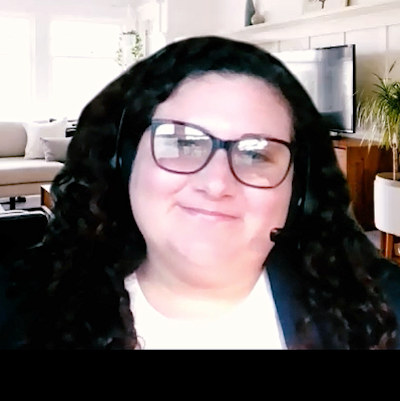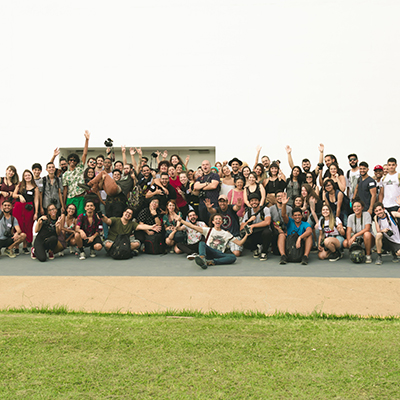It can be an exciting time in an individual's early career after receiving a diploma and officially transitioning into the workforce. This marks an important milestone in one's professional career, but the work does not stop there, according to Natalia Martin, PhD, a program manager at the American Chemical Society.
In a video interview with ScienceBoard.net, Martin offers tips for postdocs, including recent graduates from doctoral programs who are entering the workforce in either academic or industry positions.
What should you focus on mastering during your first job?
During the initial stages of a new job, Martin explained, time should be dedicated to learning. This includes gaining an understanding of expectations and organizational culture, as well as figuring out your own individual work style and how you can best serve your teams. This transition period offers a chance to ask questions and to make mistakes that will help you master your position.
Cumulatively, technical and job-specific skills in combination with the professional aspects of any position provide a solid foundation for a long and successful career. Professional skills such as communication, teamwork, leadership, and time management are helpful in all jobs, Martin said.
How to advocate for professional growth
Professional development is a journey and something that you will have to work at continually throughout your career, according to Martin. She said that PhDs must not shy away from having conversations with their supervisor about what they want to accomplish.
It can be difficult to have these conversations because the path may not always be clear (for example, whether to obtain an additional degree as a means of professional growth), but Martin explained that there are options. For instance, in lieu of getting another degree, professional certificates are something that might be a viable option for those with doctorate degrees.
Professional development efforts for each individual will vary based on what they expect to get out of these efforts and their long-term career goals. For both scenarios, PhDs can work with mentors to help them identify career goals and help them achieve the goals as they progress.
Most importantly, Martin said, it is critical to set aside time to work on professional development and revisit professional goals often.
Copyright © 2021 scienceboard.net
Last Updated 7/20/2022 12:42:38 PM






